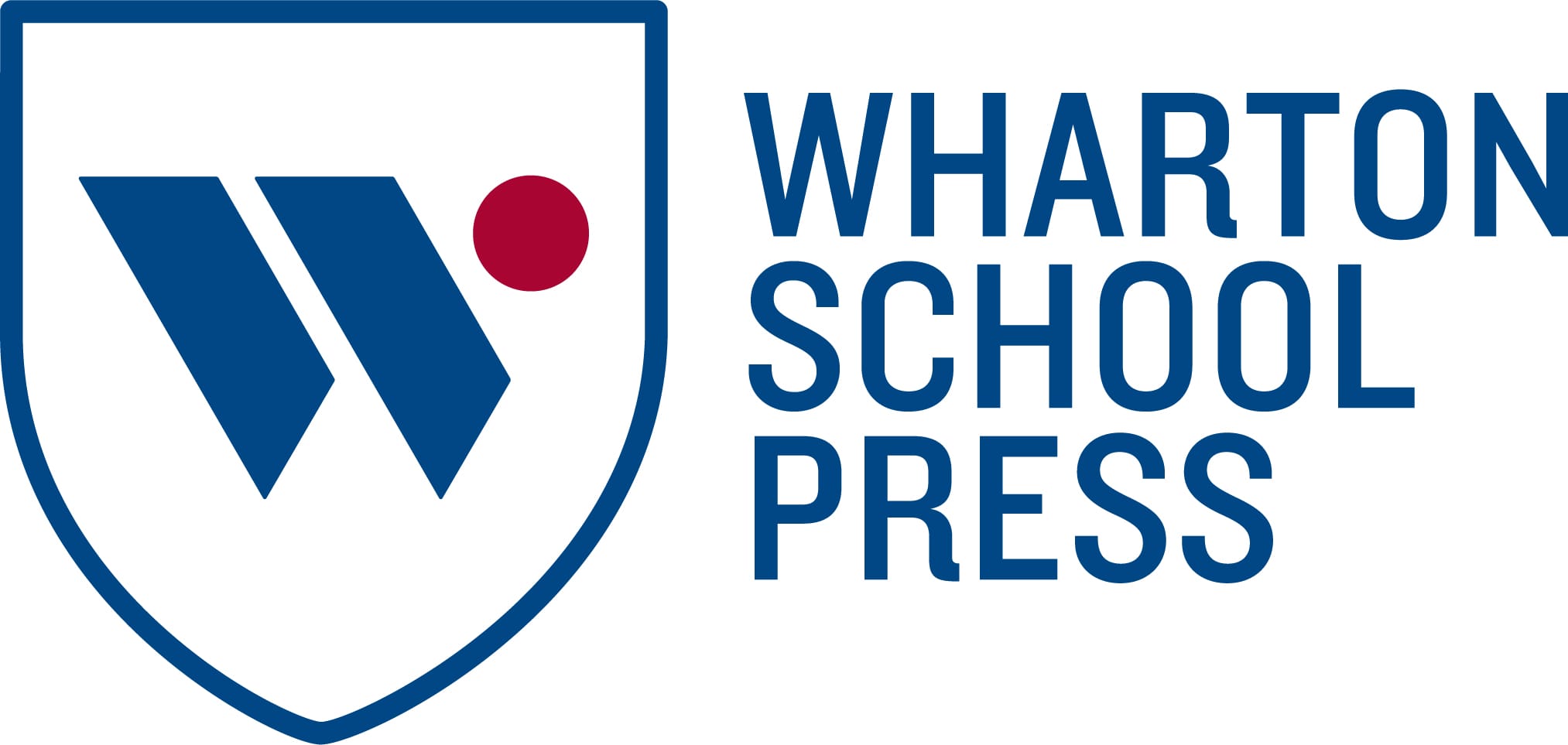This past April, I convened the first meeting of the faculty advisory board of what was then known as Wharton Digital Press.
The meeting served as an introduction for a new group that formed after I took a bigger stake in the future of the Press as the board’s chair. The gathering was lively, with a dozen faculty, both brand new and veteran to the School’s book-publishing efforts, attempting to become familiar with the mission of the Press and its vision for the coming years.
One question, though, changed the trajectory of the Press’s immediate future: “Given the breadth of what you do, why Wharton Digital Press?” one faculty member asked. That inquiry portended what would come six months later: On October 15, Wharton Digital Press became Wharton School Press.
The question had been bubbling under the surface for some time. When the Press launched in 2011, it set out to leverage emerging digital publishing technologies to position the Wharton School as a forward-thinking innovator. Indeed, the Wharton School was the first and only business school to launch a digital book press dedicated exclusively to exploring the unique opportunities presented by these technological changes.
But in that board meeting, in subsequent conversations with key stakeholders, and in a detailed survey of Wharton School faculty and Press authors, we gathered a couple of consistent themes. Most importantly, and perhaps unsurprisingly, the Wharton School name was one of our biggest selling points for readers seeking reliable, trusted information and for authors seeking a publishing partner.
At the same time, digital publishing has pivoted from an innovative new technology to an enduring method for providing excellent content to readers globally. The Press has matured with the industry, now making its mark as an established operation with a global impact.
So while our name has changed, our mission and what we do every day remains the same.
When I tell people how the Press is different from other book publishers, I like to highlight four simple (but somewhat paradoxical) points:
- Our books are rigorous and research-based. But they’re not technical.
- Our books are appealing to students and other learners. But they’re not textbooks.
- Our books can be read end-to-end on a flight from, say, Philadelphia to Miami. But they’re not mass-market airport books.
- Our books can sell quite well. But they’re not excessively commercial.
My own journey with Wharton School Press began in 2011 after continued insistence from Stephen Kobrin, William H. Wurster Emeritus Professor of Multinational Management at the Wharton School, who was the founding executive director of the Press. He saw something in my course on “Managing the Value of Customer Relationships” that had potential for a unique book, and eventually I put pen to paper (or, more accurately, fingers to keyboard) in a different manner than my usual academic writing.
Now, nearly a decade later, I’m very proud of my two books published through Wharton School Press: Customer Centricity: Focus on the Right Customers for Strategic Advantage (2012) and The Customer Centricity Playbook: Implement a Winning Strategy Driven by Customer Lifetime Value (2018), which I coauthored with Sarah Toms, the executive director of Wharton Interactive.
They have been invaluable tools. They’ve significantly increased the reach of my research and teaching and brought it into mainstream conversation in ways I couldn’t have imagined. They’ve helped solidify my status as a leader in this rapidly growing field. And they’re a tangible and accessible asset to point to or hand out anytime someone is interested in learning more.
I believe there’s a book in every faculty member, and I’ll keep saying it until they all publish one. The ongoing conversations we’ve had with faculty and other stakeholders have left me confident that Wharton School Press will continue to build on its already impressive roster of books in the years ahead.
In November, I convened the latest meeting of the faculty advisory board, where we talked about the future of Wharton School Press. I have been very pleased by the number of faculty who wanted to learn more—and explore their own book-writing potential.
We might live in a Digital world, but first and foremost we’re a School. Wharton School Press’s new name aims to cement our commitment to deliver trusted information from our faculty and other experts to a broad global audience that may never reach campus.


























